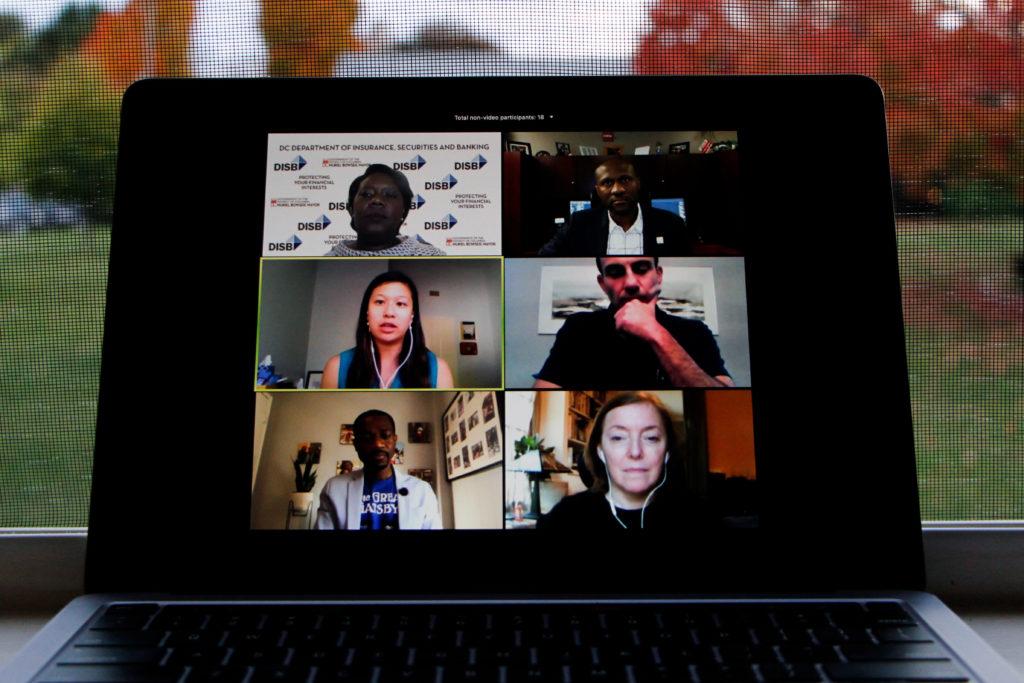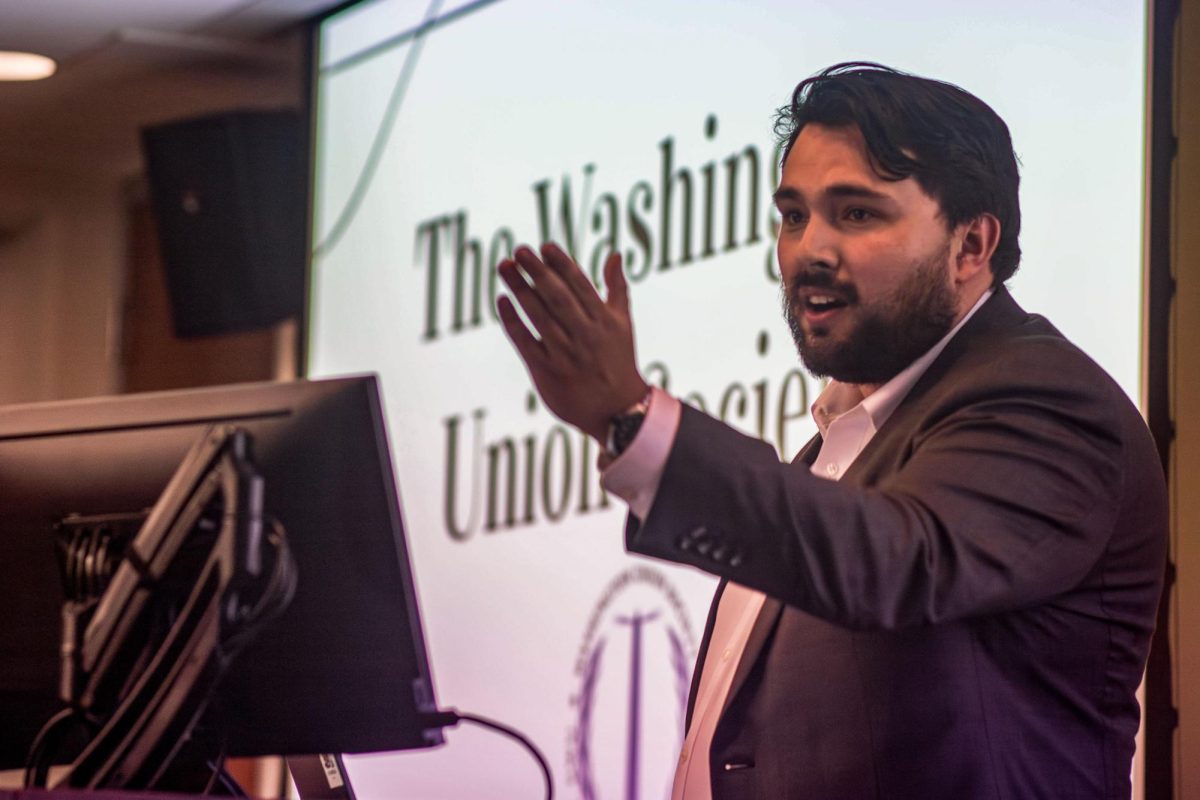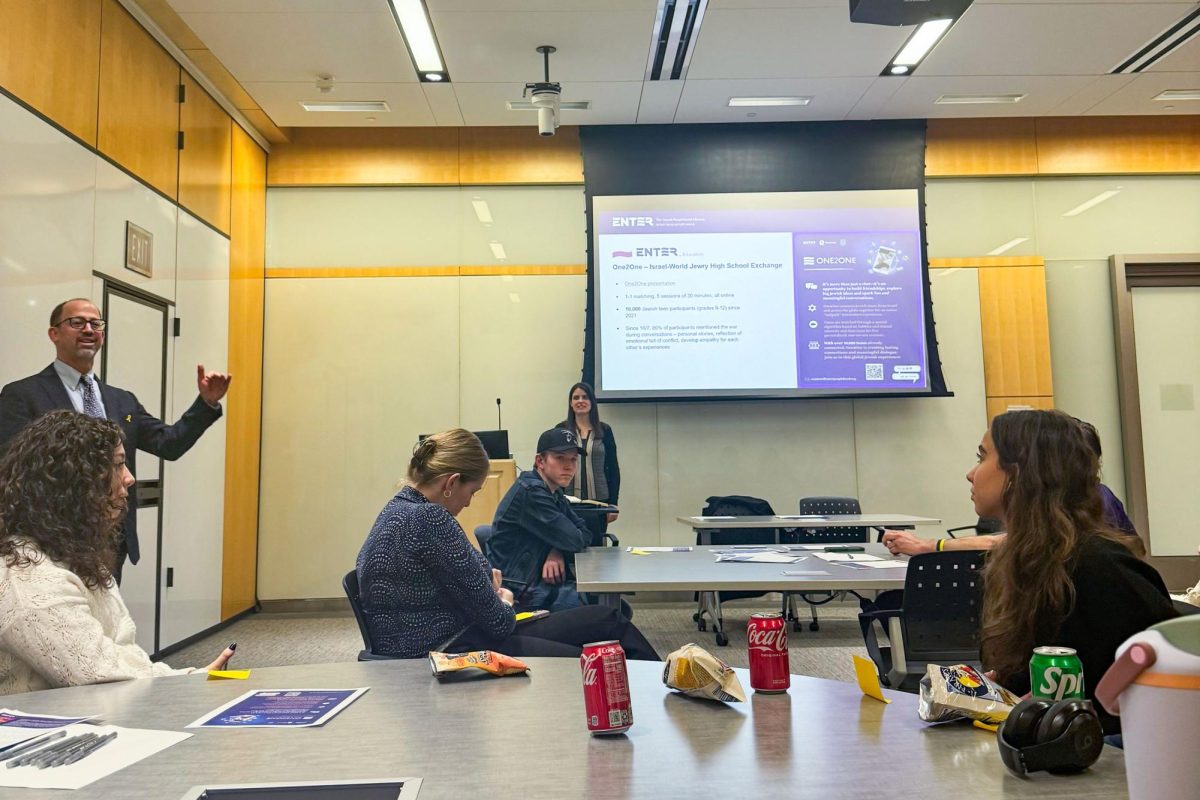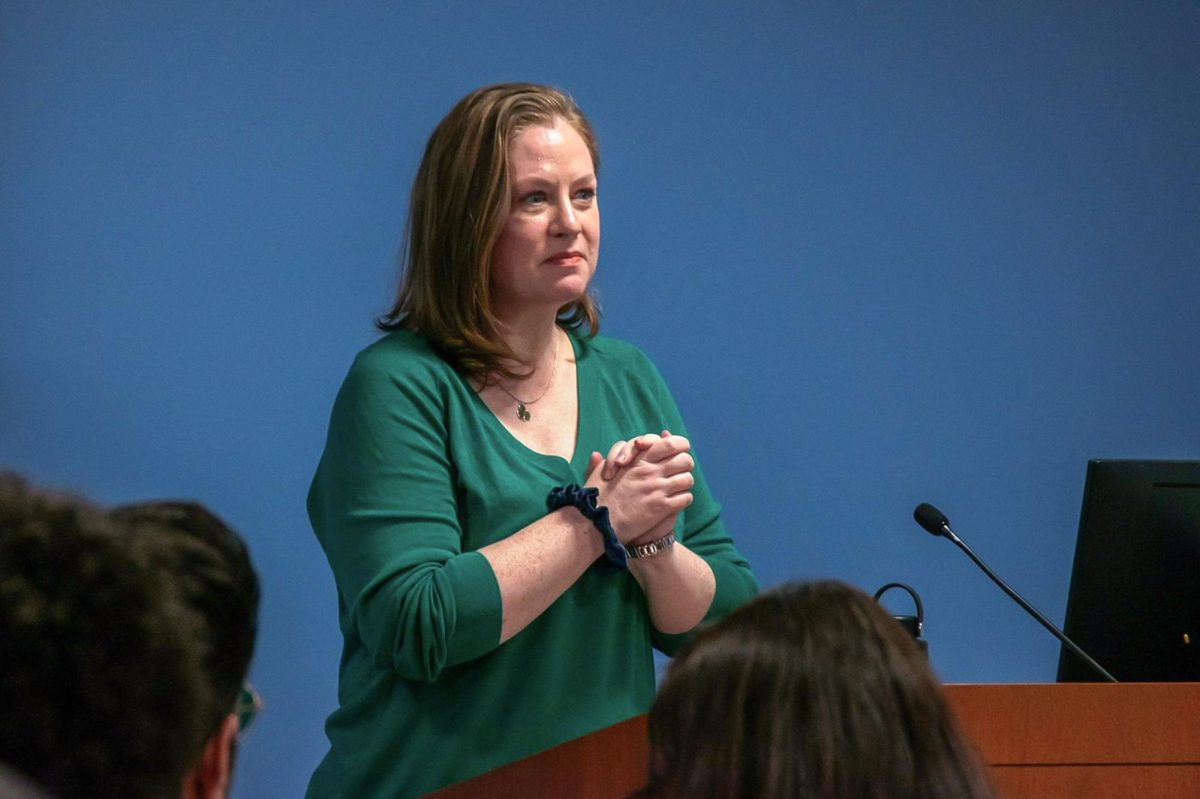Representatives from D.C. government agencies discussed how their organizations are adapting their operations to the COVID-19 pandemic Thursday.
Five representatives discussed how their organizations have modified their services to residents across the District as well as what the future holds for these agencies. Nancy Augustine, a professor of public policy, moderated the event, which was hosted by the GW student chapter of the International City/County Management Association and the Trachtenberg Student Organization.
Michelle Yan – the director of data and strategy for My School DC, which works to help families’ awareness of the District’s school options – said the organization’s No. 1 priority is ensuring that they are “continuing their level of customer service,” even if they went about it in a different way.
Yan said My School DC is ensuring it’s communicating with participants like students and parents as clearly as possible so they know what changes are being made to the services the group provides in the wake of the pandemic.
“As schools have shut down and families are having difficulties reaching schools, the scope of the services we are providing to families has shifted,” Yan said. “Because of having to get information out quickly, we started having virtual open office hours where schools could just drop in, ask their question about the policy and leave.”
Gabriel Robinson, the director of the Department of Motor Vehicles, said for the first month or two of the pandemic, at least 50 percent of DMV frontline employees started professional development training while the organization developed a plan for COVID-19.
Robinson said the DMV has been through several phases of opening to the public. During Phase Zero, the DMV closed down and only processed individuals through the online channels, he said.
“During Phase One, we had to open one service center for in-person service via appointment only, and when Phase Two hit on June 22, we opened all of our locations,” Robinson said. “We have a lot of safety precautions in place for both the employees and the public.”
Ernest Chrappah, the director of the Department of Consumer and Regulatory Affairs, said DCRA planned in November 2018 to put all services online by the end of 2020. He said the department made a number of investments in employee training, creating a “digital culture” of being responsive and transparent.
“All that level of investment positioned us at a place where the decision was made to go remote,” he said.
The department doesn’t aim to revert back to in-person operations in the future if its work can continue to be done virtually, Chrappah said.
“Technology holds this promise of lifting everybody up if it’s done right,” he said.
Jeffrey Marootian, the director of the District Department of Transportation and a GW alumnus, said more than half of DDOT’s employees have continued to work in person despite the pandemic.
He said DDOT hasn’t changed its mode of operations but has modified conditions to keep the workforce safe.
“Switching schedules, creating alternative work days for the members of the workforce who do have to report to a duty station to do so safely with limited contact with their colleagues,” Marootian said.
Karima Woods, the commissioner of the Department of Insurances, Securities and Banking and a GW alumna, said the department has modified its operations to include a telework policy, provide staff with laptops and mobile phones and enhance its website to better facilitate virtual work. She said several functions the department has implemented are likely to continue in the future.
“[COVID-19] has really taught us that in government we have to be very nimble and flexible,” Woods said.








